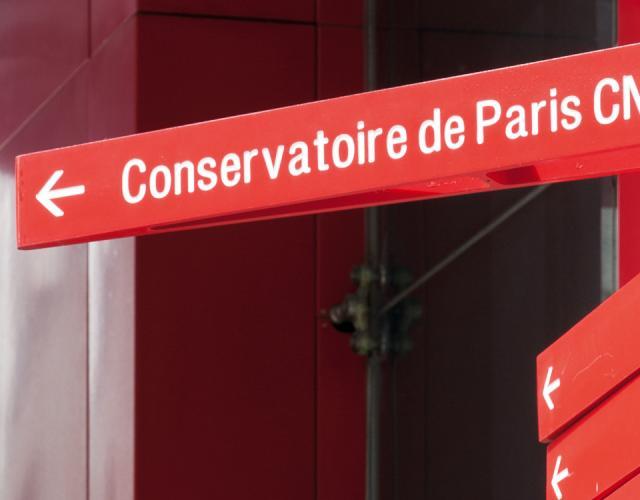
Baroque oboe
INFORMATIONS
-
Objectives and content
1st advanced cycle
Advanced training for instrumentalists :
- development of artistic sensitivity and individual and collective technical mastery
- broad cultural training in both practical and theoretical areas (complementary disciplines)
-awareness of the professional context
-Study of the repertoire in correlation with the musicology and organology of each stylistic period.
2nd advanced cycle
Development of artistic personality ;
Ability to design and perform a recital independently;
Ability to develop and express reflections on one's artistic practice.
Development of the ability to enter professional life.
Research and approach to a broad and personalised repertoire;
Development of a considered and autonomous artistic practice.
-
Assessment terms and conditions
1st higher cycle -
Examinations
At the end of the 1st year:
- a set of works or extracts from works chosen by the jury from a 30-minute programme drawn from the repertoire worked on by the student during the year, which must include a piece (which may be an accompanied aria or chamber music) for one of the following instruments: oboe d'amore / hunting oboe, chosen by the student.
This programme must be submitted to the Head of Department at least three weeks before the examination;
- an ornamentation test after performance with the instruments. Duration: approximately 20 minutes.
At the end of the2nd year:
- a set of works or excerpts from works chosen by the jury from a 40-minute programme drawn from the repertoire worked on by the student during the year, which must include a piece (which may be an accompanied aria or chamber music) for one of the following instruments: oboe d'amore / hunting oboe, different instrument from the previous year.
This programme must be submitted to the Head of Department at least three weeks before the examination;
- an ornamentation test after performance with instruments. Duration: approximately 25 minutes.
DNSPM final examination
Public examination - Duration: 30 minutes maximum
- a compulsory work; posted 6 weeks before the examination date ;
- a programme chosen with the teacher from a set of works or extracts from works proposed by the student.
This programme must be submitted to the head of department at least three weeks before the examination. It must include :
The programme must include three pieces, which may be chamber music pieces or accompanied arias, each using a specific instrument in the oboe family. The programme will include the three compulsory instruments (oboe, oboe d'amore, hunting oboe) but may also include works or excerpts on the classical or romantic oboe.
The1st cycle baroque oboe certificate is awarded to students who pass the DNSPM final examination.
The certificate is awarded on the basis of the marks awarded by the jury at the end of the DNSPM final examination.
2nd higher cycle
1st year recital (not open to the public):
1) a compulsory work; posted 6 weeks before the recital (duration: approximately 10 minutes)
2) one or more works or excerpts from works in the repertoire (approximately 30 minutes, at least half of which on the classical oboe at 430).
NB: The order in which the pieces are performed is left to the choice of the student, who will also be assessed on the composition and balance of the programme, which must include a sufficiently wide range of styles.
2nd year recital (public) :
A free recital, lasting no more than 50 minutes (see specific technical sheet).
Awards
1st year recital: Mention Très Bien, Bien, Assez Bien or radiation.
2nd year recital: a Very Good, Good or Fairly Good mark, taking into account both the conception and the performance of the recital.
The Prix de Hautbois baroque is awarded to the student who obtains an award in each of the 22nd year recitals.
The mention for the Prix de Hautbois baroque is the mention awarded by the jury for the free recital in the2nd year of the2nd cycle.
-
Duration of studies
throughout the1st and2nd cycle courses
-
Reward
Validated
-
Erasmus
Yes

